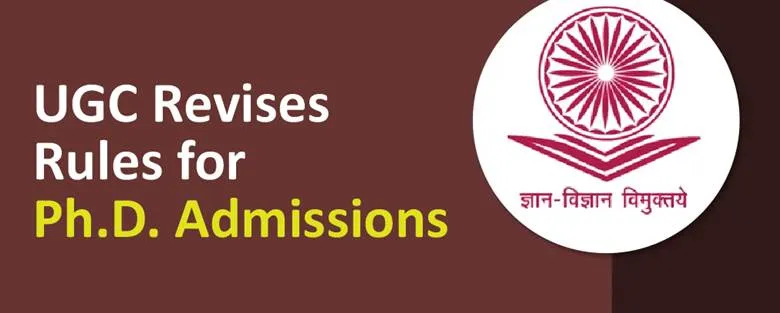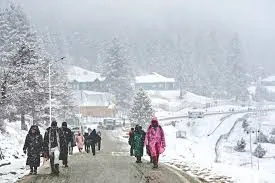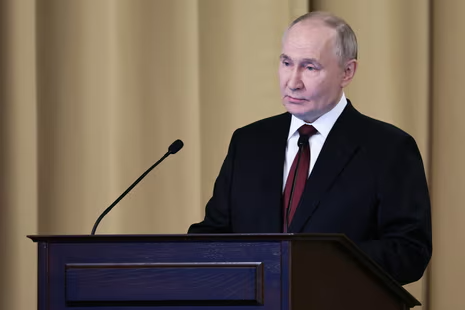JNU hosts inaugural Indian Knowledge Systems academic conference with over 100 papers
JNU Launches Landmark Indian Knowledge Systems Conference Featuring Over 100 Scholarly Papers
1. A New Chapter in India’s Intellectual Renaissance
Jawaharlal Nehru University (JNU) recently hosted its much anticipated inaugural Indian Knowledge Systems (IKS) conference, spotlighting a vibrant revival of India’s ancient epistemological traditions. Over four days, more than 1,000 researchers, educators, and practitioners from diverse disciplines convened to present over 100 peer reviewed papers, marking an unprecedented academic milestone. The conference aimed not merely to celebrate India's repository of knowledge from Ayurveda to classical mathematics and philosophy but to position these traditions as dynamic, evolving intellectual frameworks relevant to contemporary global challenges.
2. Interdisciplinary Contributions and Conference Structure
The organizing committee deliberately curated an interwoven format, blending disciplines such as linguistics, environmental science, sustainable agriculture, ethics, and education. Sessions included explorations of Sanskrit quantum concepts, traditional water harvest techniques in arid zones, Indigenous ecological wisdom rooted in tribal lore, and the philosophical underpinnings of non linear logic in ancient Indian texts. Nine thematic tracks allowed specialists in technical fields to interact with humanists, while panel discussions bridged ancient knowledge with AI, climate adaptation, and global development paradigms. This cross disciplinary dialogue showcased not only archival scholarship, but also practical applications of IKS in modern society.
3. Bridging Tradition With Innovation
A central theme emerged ancient Indian systems flourish when integrated creatively into current knowledge ecosystems. One keynote presentation detailed how Vedic prosody can inform new algorithmic models for natural language processing. Another session showcased how Ayurvedic dosha theories are being combined with biomarker analysis to pioneer personalized health assessments. In the built environment, traditional temple designs optimizing natural light and ventilation are influencing low energy architectural prototypes aimed at rural India. This synergy between past and future underscored the conference’s drive to develop living knowledge systems rather than museumized traditions.
4. Voices from the Global South
Participants from South Asian neighbors including Nepal, Bangladesh, Sri Lanka, and Bhutan offered comparative case studies in Indigenous knowledge transfer. A Bangladesh delegation presented research on rice cultivation traditions enhanced by centuries of climate adaptation. A Sri Lankan scholar shared efforts to preserve monastery based educational practices. Himalayan participants detailed time tested medicinal and environmental protection customs. These contributions reinforced a shared heritage across the Global South and raised pertinent questions of cultural epistemic justice in global education.
5. Educational Reform and Curriculum Transformation
One of the most resonant conference streams focused on pedagogy. Educators advocated for embedding IKS teachings into school and university curricula in ways that preserve both rigor and relevance. Pilot outcomes from government funded schools in Maharashtra and Karnataka showcased modules teaching Marathi folk astronomy alongside modern physics, and Kannada oral history traditions through digital recording plus ethnocultural analysis. Several universities announced joint curriculum design agreements, where IKS modules would complement STEM and humanities programs, fostering pluralistic and decolonial education.
6. Institutional and Governmental Backing
The conference assembly included delegations from the Ministry of Education, the Indian Council of Historical Research (ICHR), and regional academic bodies. In her opening address, the Education Minister highlighted how India’s embrace of its intellectual roots can support the nation’s ambitions around innovation, health, and sustainable development. She emphasized that IKS forms a “foundation for a renewed, self confident India,” woven into research agendas and national capability building. MoUs were signed with universities funding future research grants, student fellowships, and inter university centers focusing on applied IKS studies.
7. Challenges and Future Trajectories
Despite widespread enthusiasm, the gathering agreed that incorporating IKS into mainstream academia carries challenges. Speakers recognized a shortage of trained teachers with both IKS fluency and modern disciplinary competence. Unequal access to manuscripts and varying regional pedagogical resources risked creating uneven development. In response, plans were announced for professional development programs to certify new educators, Digital Manuscript Lab initiatives for under resourced areas, and a national open access IKS journal to raise research visibility.
8. Beyond Academia A Vision for Civic Impact
Crucially, the conference transcended academic introspection. A concluding public session explored how Indian knowledge systems can address pressing societal issues water scarcity, rural healthcare, climate resilience, and grassroots technology solutions. Civil society leaders working in tribal regions, farmers’ cooperatives, and urban NGOs presented pilot projects linking climate resilient cultivation, solar drying of indigenous foods, and community based water reservoir restoration rooted in traditional methods. These discussions crystallized a vision of IKS not as esoteric heritage, but as a living, civic knowledge agenda recovering practical wisdom for contemporary development while pioneering novel paths of sustainable innovation.
Final Thoughts
JNU’s inaugural Indian Knowledge Systems conference has set a powerful institutional precedent. It was a bold acknowledgement that India's philosophical and practical heritage holds untapped potential for addressing modern challenges. By bringing together over 100 papers, international perspectives, government support, and grassroots practitioners, the conference outlined a roadmap for transforming IKS into a living knowledge movement one that reinforces educational pluralism, innovation driven sustainability, and global epistemic justice. More than an academic gathering, it affirmed India’s readiness to lead in reimagining how ancient wisdom can guide future development.






 Heavy Snowfall Transforms Kashmir Valley After Dry Spell
Heavy Snowfall Transforms Kashmir Valley After Dry Spell  Russia says US relations staying positive despite Washington policy mixed signals
Russia says US relations staying positive despite Washington policy mixed signals  Russia maintains positive U.S. ties despite mixed signals from Washington policies
Russia maintains positive U.S. ties despite mixed signals from Washington policies  Northeast Development Summit 2025 Focuses on Regional Integration and Growth
Northeast Development Summit 2025 Focuses on Regional Integration and Growth  Russia‑US relations remain positive despite U.S. zigzag over policy
Russia‑US relations remain positive despite U.S. zigzag over policy